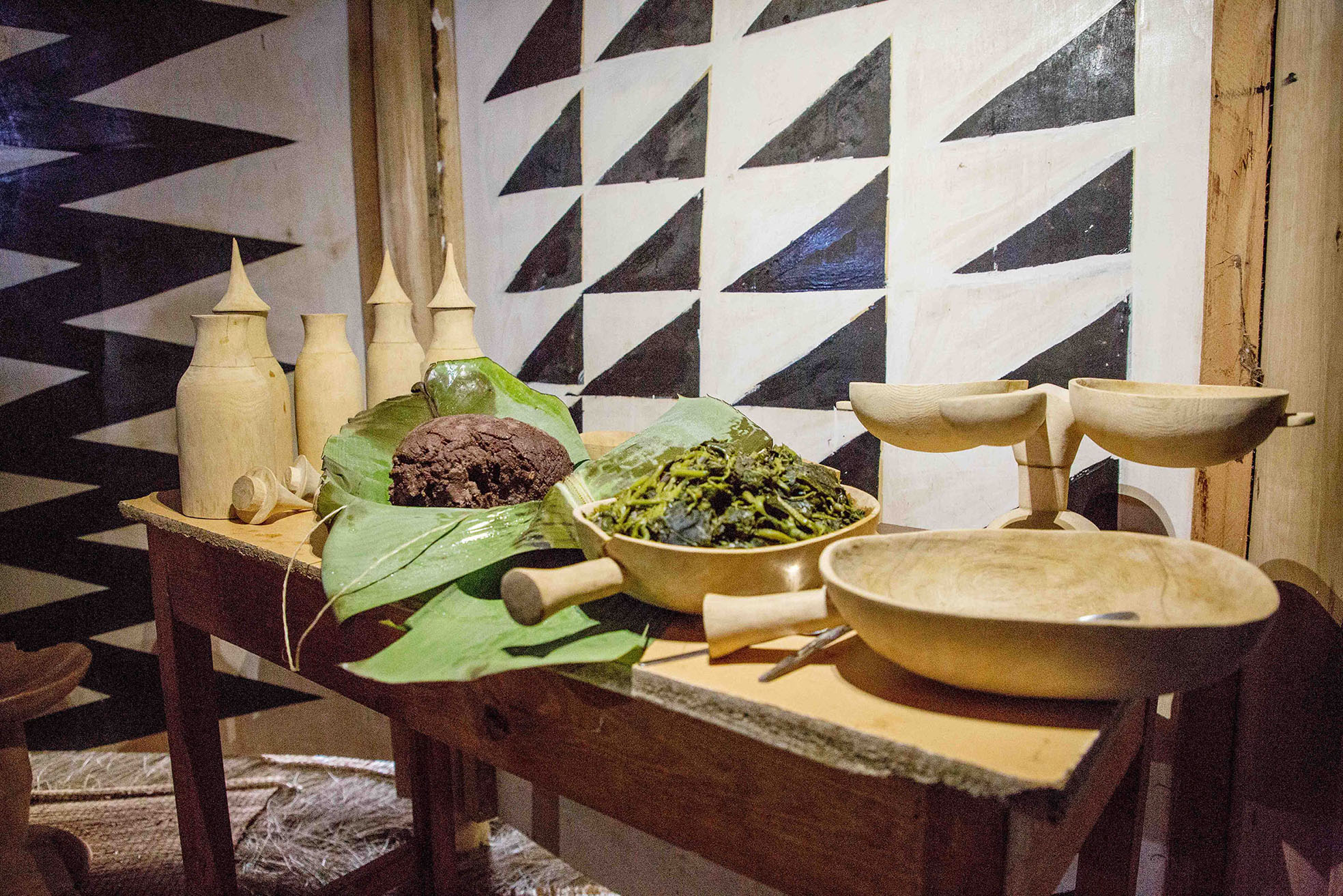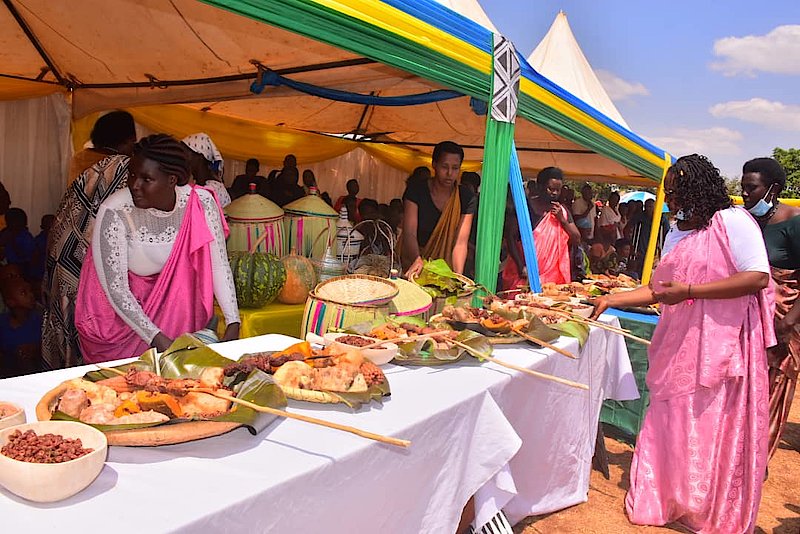Regional
Umuganura’s broader meaning to Rwanda

Sorghum cake, vegetables and milk were important meals in Rwandan tradition.
The national harvest day,
Umuganura, is a cherished Rwandan cultural festival that holds deep
significance as a time for family and friends to come together and celebrate
the bountiful harvest.
With roots dating back over a
thousand years, this unique tradition allows Rwandans to embrace their cultural
values and commemorate the achievements of their agriculture and various
economic sectors.
Historically, Umuganura was an
event second only to the enthroning of a new king.
As a major event, it was
performed by Rwandans at the beginning of every harvest. This is why it is
currently celebrated on every first Friday of August each year.
This significant celebration,
literally meaning "Thanksgiving Day," honored achievements in terms
of harvest both at the kingdom and family levels.
While the exact date of its
introduction in Rwanda remains uncertain, research connects it to the
introduction of agriculture in the country during the third century. The
celebration was institutionalized due to its organized nature, extending from
higher authority down to the family level.
At national level, celebration
of Umuganura was led by the head of the ‘Abiru’ called “Umutware w’Umuganura,”
from the Abatsobe clan.
According to a Rwandan scholar
and researcher, Alexis Kagame, apart from the King and the Queen Mother, no one
was more powerful than the Umutware w’Umuganura.
The ceremonies were launched
nationally by the King, at the cell level by the chief, and in families by the
head of the family. Initially, the focus was on staple foods like sorghum and
finger millet.
The celebration began at
national level in August and concluded the following June, allowing every
Rwandan the opportunity to celebrate while sharing with relatives, neighbors,
and friends.
However, this tradition was
abolished by colonialists in 1925 when the last Umutware w’Umuganura,
Gashamuraka Rukangirashyamba, was exiled to Burundi. Six years later, King Yuhi
IV Musinga, who had consistently defended Rwandan cultural values and identity
against colonial powers and missionaries, was also exiled to Congo.
Today, Umuganura extends its
meaning beyond an agro-based harvest to include achievements from other sectors
that contribute to national development, such as health, education, ICT,
sports, mining, infrastructure, culture, and tourism.
Historically, Umuganura was a
unifying factor for all Rwandans through acts of sharing at the family,
village, or kingdom level. The rich and poor, and families of varying status,
came together to share without exclusion, promoting Rwandan cultural values.
This tradition continues to evoke a sense of unity and reconciliation,
reinforcing Rwanda's cultural heritage.
The celebration of Umuganura
educates the young generation on the importance of safeguarding the past legacy
for both educational and entertainment purposes. For Rwandans and friends of
Rwanda, the event highlights how Umuganura has always been a significant part
of creating unity in diversity.
This festival carries more
meaning in today's Rwanda than ever before, as the country marks 30 years of
its rebirth since the 1994 Genocide against the Tutsi.
It is no longer a merely a
moment of merriment; it serves as a reminder of Rwanda’s achievements in
agriculture and nutrition over the past decades.
Agriculture plays a key role
in Rwanda’s socioeconomic development and resilience, employing approximately
70% of the population and contributing over 31% of Rwanda’s GDP.
For the nation’s youth, women, and Small and
Medium Enterprises (SMEs), the agricultural sector presents a promising avenue
for income generation and improved nutrition outcomes.
Amidst the festivities, it is
vital to acknowledge the progress made in improving children’s nutritional
status since 2000, with declines in stunting, wasting, and underweight cases.
As the nation celebrates
Umuganura, today majority of Rwandans, especially parents, understand the
importance of diversifying family meals with nutritious foods to adequately
nourish their children. Understanding the role of the private sector in
contributing to sustainable growth and development is equally essential during
this cultural festival.
Rwandans and friends of Rwanda
are using Umuganura as a time of introspection and determination to support
Rwandan agricultural actors in producing more, earning increased income, and
consuming more nutritious food.
The festival offers an
opportune moment to align our collective efforts toward a brighter, healthier
future for Rwanda, where every citizen enjoys the benefits of improved
nutrition and food security.
By embracing the essence of
Umuganura, we can collectively foster a thriving agriculture sector that
nourishes the nation and nurtures its people towards prosperity.


.jpeg-20221214055432000000.jpeg)
